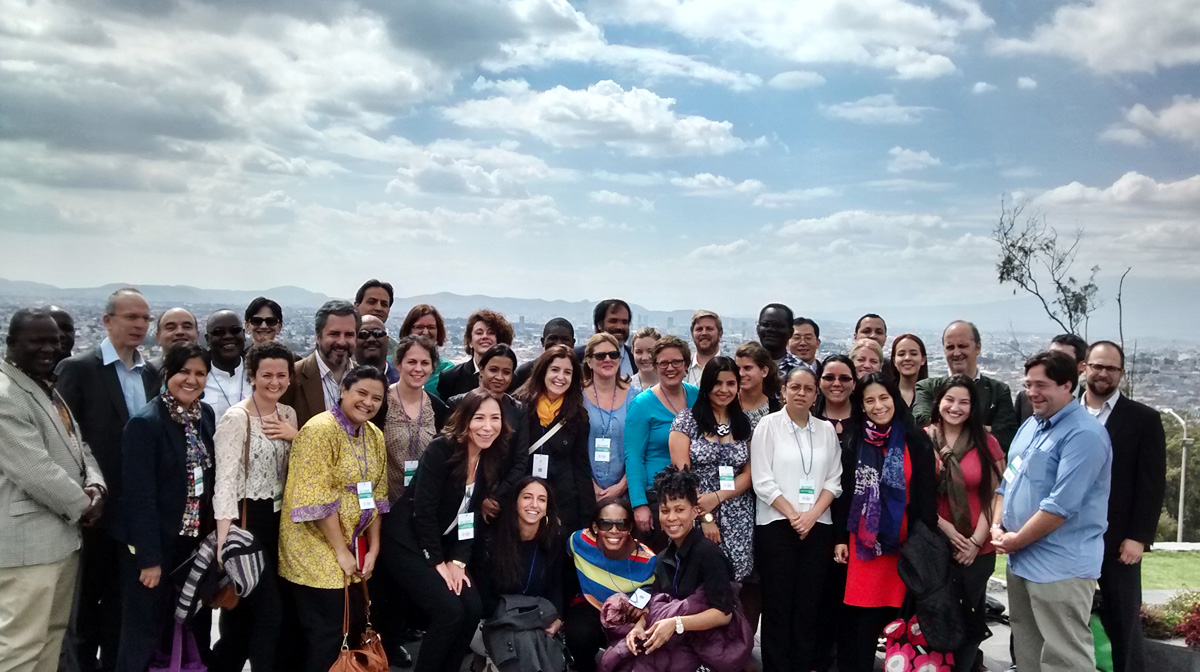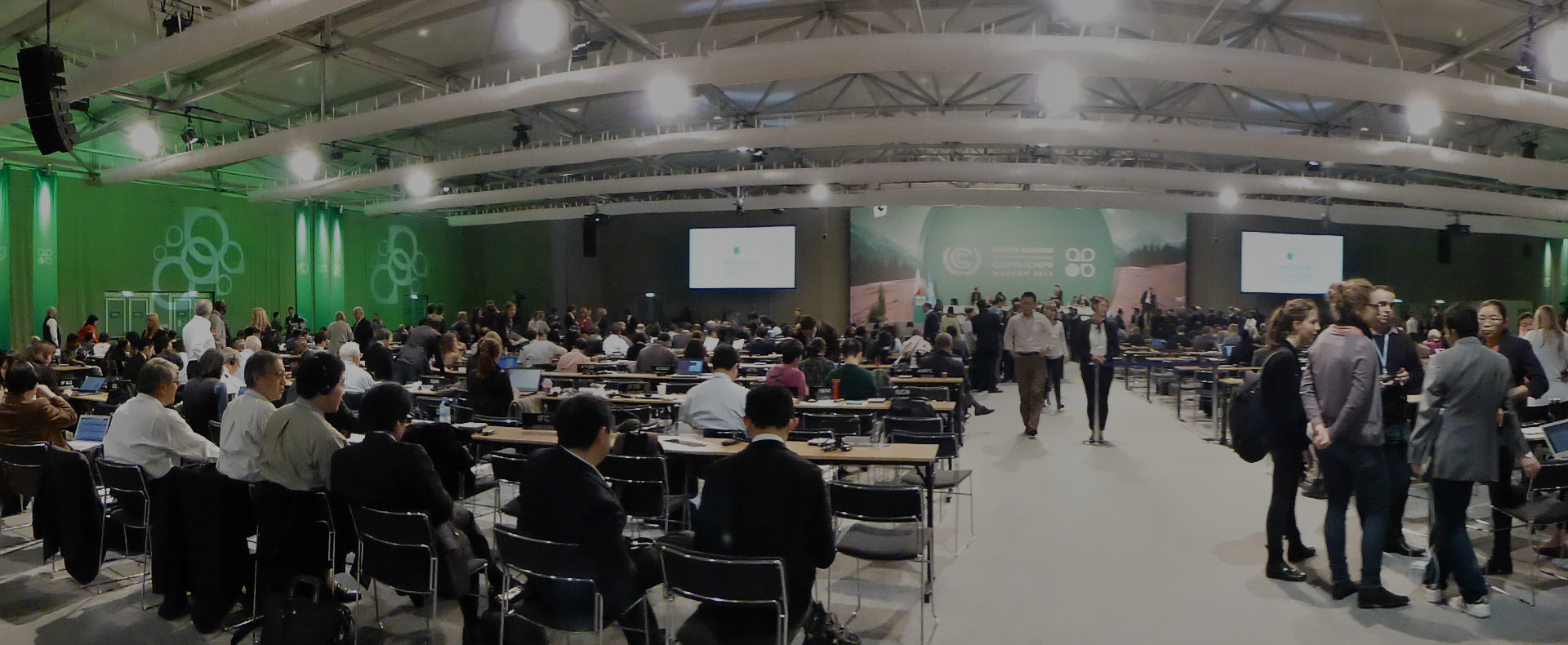Dialogue Fosters a Climate of Change

Posted on 23 March 2015 by Jesse Medlong
I touched down in Puebla, Mexico, as October drew to a close. I was there to represent the country Georgia’s Ministry of Environment and Natural Resources Protection at the Cartagena Dialogue for Progressive Action, a group of countries committed to advancing the process toward a successor to the 1997 Kyoto Protocol—one that would apply to all countries and contribute to keeping global temperature increase below two degrees Celsius in the next coming century. But let me put this into context.
For two decades the international community has been locked in a slow-motion struggle to address the seemingly inexorable climb in global temperatures. In 1992, that struggle produced the United Nations Framework Convention on Climate Change, or UNFCCC (pronounced U-N-F-triple-C). Five years later, it was from the UNFCCC that the Kyoto Protocol was born. The Conference of the Parties to the UNFCCC—consisting of virtually every sovereign nation on Earth—is now only one year away from producing the Kyoto Protocol’s projected successor agreement.
For five years the Cartagena Dialogue has operated behind the scenes of the UNFCCC to identify areas of convergence, work toward compromise, and build on common ground. Roughly 40 countries take part in the Dialogue, and it is a space in which countries’ delegations can speak candidly about obstacles to the anticipated 2015 agreement. These are not “likeminded countries” coming to preach to the choir. These are countries with divergent values and interests. But they all believe that climate change poses an existential threat to our species. Each understands that the UNFCCC is our best hope.
For three years DLA Piper has represented the country Georgia on a pro bono basis at the UNFCCC talks, including the Cartagena Dialogue. As a leading global law firm, DLA Piper is uniquely capable of representing a national government in this kind of complex, multilateral setting. My own background is heavily international, and my law-school training included an externship working in a multilateral negotiating environment for the United States.
For three days I joined diplomats from the various countries represented at the Cartagena Dialogue in Puebla. There I found incredibly sharp and sophisticated diplomats from countries across the development and ideological spectrums deeply engaged in finding solutions to difficult problems. I saw them openly discuss policy differences in a spirit of cooperation. And, despite feeling a bit outclassed, I engaged with them on the issues of averting the common peril of our extinction.
And for a brief moment, I was hopeful—which surprised me. Climate talks are among the most contentious international negotiations, and they are made only more difficult by the UNFCCC’s near universality. But here was a group of countries determined to overcome their differences to preserve our world for future generations. And I found myself—somewhat improbably—among them. It is too soon to say whether the UNFCCC will succeed in averting disaster. But it was clear to me from my time in Puebla that if the UNFCCC is to succeed, it will owe a significant debt to the tenacity and good faith of the Cartagena Dialogue. It was truly a privilege to play some small part in that work.
Assisting Georgia with Climate
Change Negotiations
